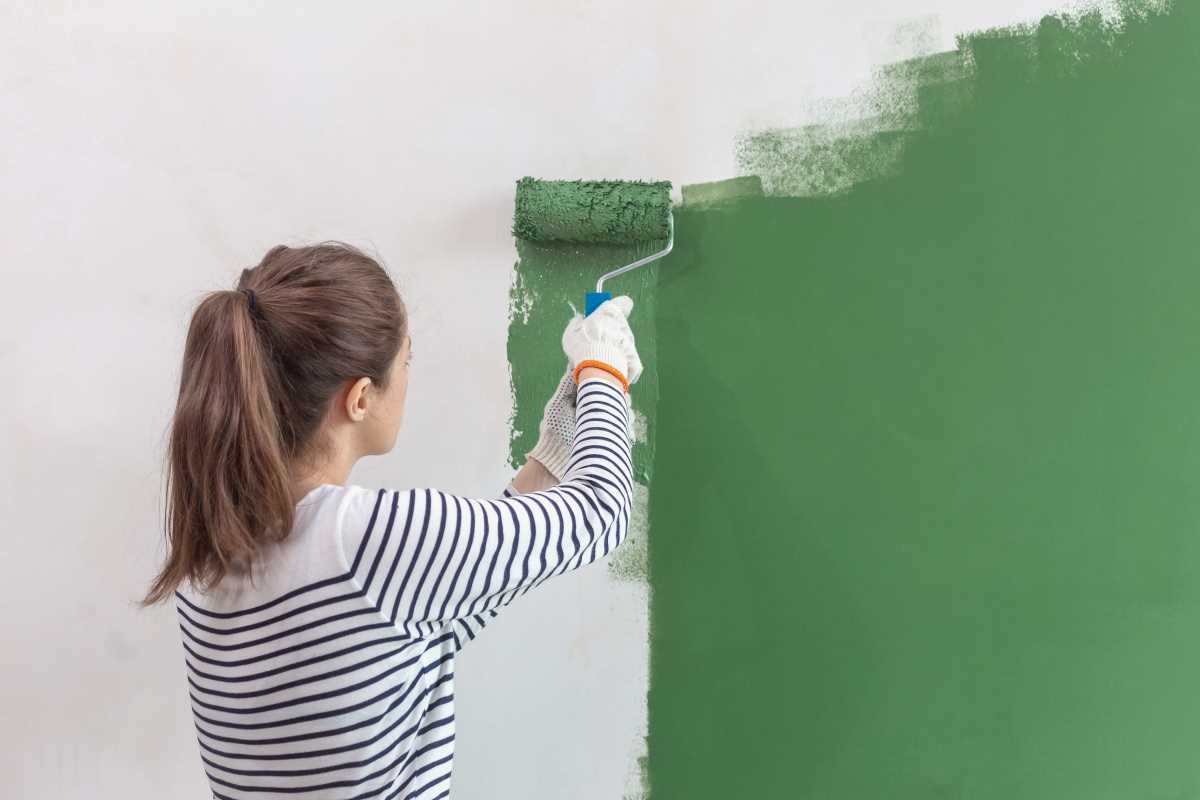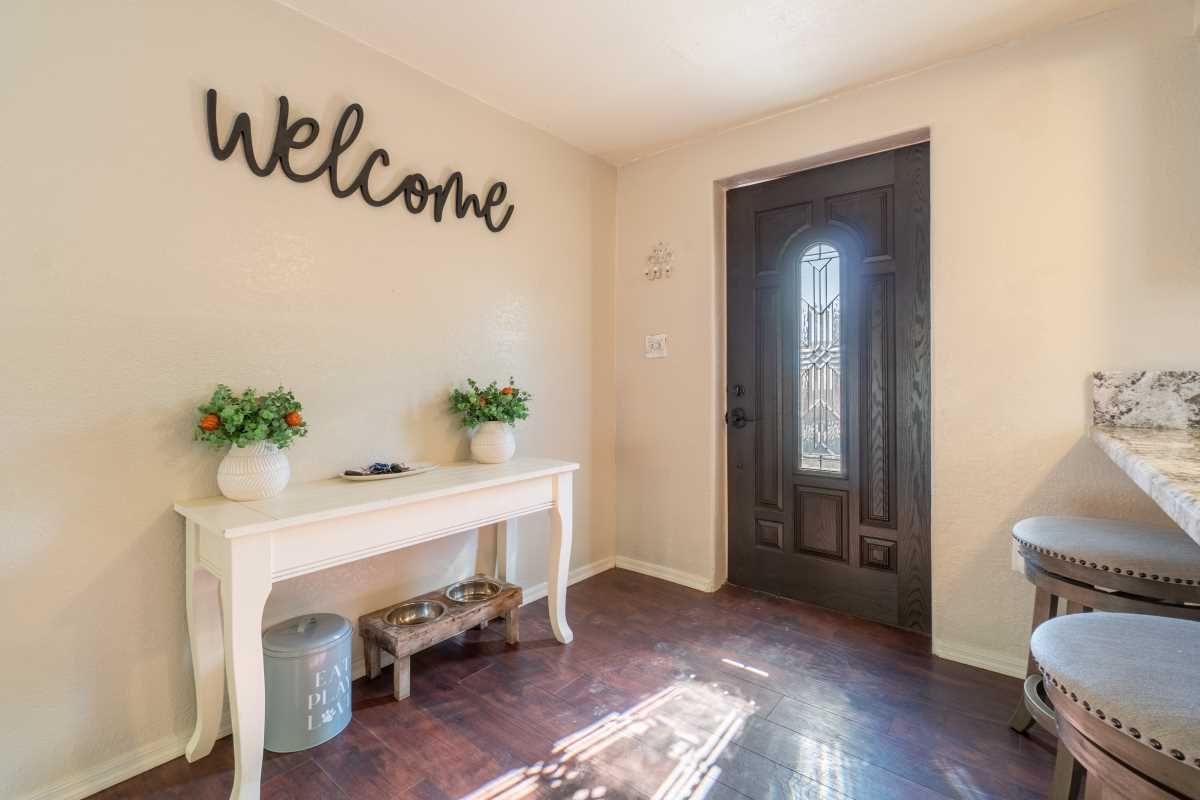Friendships are some of the most valuable connections we have in life, but like any relationship, they can go through difficult times. Falling out with a friend can be painful and confusing, leaving you unsure about how to make things right. The good news? Friendships, even after a conflict, can often be repaired with a little bit of effort, understanding, and time.
Mending a broken friendship doesn’t mean things go back to how they were overnight, and that’s okay. It’s a step-by-step process that allows you to reflect, grow, and reconnect. Whether the fallout stemmed from a misunderstanding, a mistake, or built-up tension, there’s usually a path forward if both people are willing to work for it.
If you want to rebuild a friendship but don’t know where to start, this guide will walk you through the key steps. From understanding the conflict to rebuilding trust, these techniques can help you get back on track with your friend while also strengthening your bond for the future.
Understanding the Conflict
Before you can repair a friendship, it’s vital to take a step back and understand what caused the falling out in the first place. Conflicts often arise from miscommunication, unmet expectations, or hurt feelings, but each situation is unique.
Take some time to reflect on the situation calmly. Ask yourself questions like these:
- What was the root of the conflict?
- Did something I do contribute to the issue?
- How might my friend be feeling about all this?
It’s natural to view situations from your own perspective, but try to see things through your friend’s eyes. Understanding their feelings and point of view will help you approach the repair process with more empathy.
If you’re unsure what went wrong, that’s okay too. Sometimes people drift apart or misunderstand each other. What matters is your willingness to listen and learn as you work toward reconciliation.
Taking Responsibility
If the fallout involved a mistake, misunderstanding, or hurtful behavior on your part, taking responsibility is an important step. Owning up to your actions shows maturity and respect for your friend’s feelings. It’s not about taking all the blame but rather acknowledging any role you may have had in the situation.
Apologies can go a long way in repairing a friendship, but they need to be genuine. Avoid saying things like, “I’m sorry you felt that way,” as it can come across as dismissive. Instead, focus on your own actions. For example, you could say, “I’m really sorry for what I said that day. I can see how my words hurt you, and I regret it.”
Taking responsibility also means being open to hearing your friend’s perspective without getting defensive. Even if it’s hard to listen, letting them express their feelings is an essential part of the healing process.
Communication Is Key
Once you’ve processed the situation and are ready to reach out, effective communication is crucial. A heartfelt conversation can help clear the air and create space for understanding.
Start by reaching out in a way that feels comfortable for both you and your friend. This might be a text message, an email, or even a phone call, depending on your dynamic. Keep your message simple and sincere. For example, “Hey, I really miss our friendship and was wondering if you’d be open to talking.”
When you meet or chat, approach the conversation with an open mind. Here are a few tips for productive communication:
- Be honest about your feelings without playing the blame game. Use statements like “I felt hurt when…” rather than “You made me feel this way.”
- Actively listen to your friend’s point of view. Give them space to share without interrupting or jumping in to defend yourself.
- Be patient. If your friend needs time to gather their thoughts or process feelings, respect that.
This conversation might not resolve everything right away, but it’s a significant step toward mending the friendship.
Rebuilding Trust
Trust is the foundation of any strong friendship, and when it’s broken, it takes time and effort to rebuild. Showing your friend that they can rely on you again involves consistent actions, not just words.
If part of the conflict involved broken promises or hurtful behavior, think about how you can prove that things have changed. For example, if you weren’t always present or reliable before, make an effort to show up for your friend consistently moving forward.
Rebuilding trust is also about setting realistic expectations. Instead of promising never to make mistakes again, focus on being mindful and intentional in your actions. Transparency, honesty, and consistency go a long way in creating a safe and trusting relationship.
Remember, trust-building isn’t a one-way street. Both you and your friend will need to work to reestablish comfort and confidence in each other.
Making Time for Connection
Once you’ve had an open conversation and begun to rebuild trust, it’s important to reconnect on a more personal level. Spending quality time together, even in small doses, can help strengthen your bond and remind you both of why you value the friendship.
Whether it’s grabbing coffee, going for a walk, or just catching up over the phone, look for opportunities to enjoy each other’s company without the pressure of discussing the conflict. Keep things light and fun at first, focusing on what brings you joy as friends.
Reconnecting also means creating new memories. Instead of dwelling on past mistakes, look forward to everything you can experience and share together in the future.
Maintaining Your Friendship
Repairing your friendship isn’t just about making up; it’s about maintaining a healthy and balanced relationship moving forward. Good friendships thrive on mutual respect, trust, and communication, so keep these values at the forefront of your dynamic.
Check in with each other regularly, even if it’s just a quick text to say, “How’s your week going?” Showing that you care about each other’s lives helps maintain the connection and prevents future distance.
If conflicts arise again (as they often do in any close relationship), approach them with patience and understanding. Address smaller issues early to prevent them from building up into bigger problems later on.
Above all, remember that friendships are imperfect, just like people. Forgive each other’s mistakes, celebrate each other’s strengths, and make the effort to grow together.
 (Image via
(Image via





